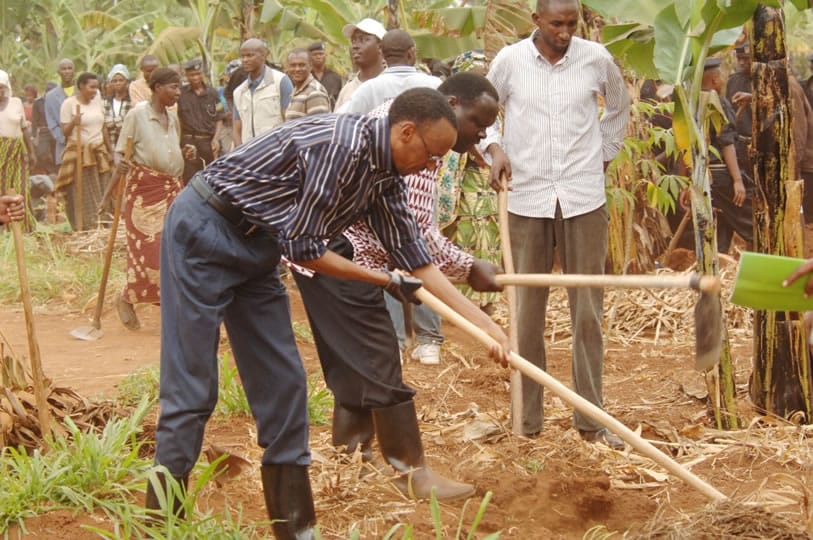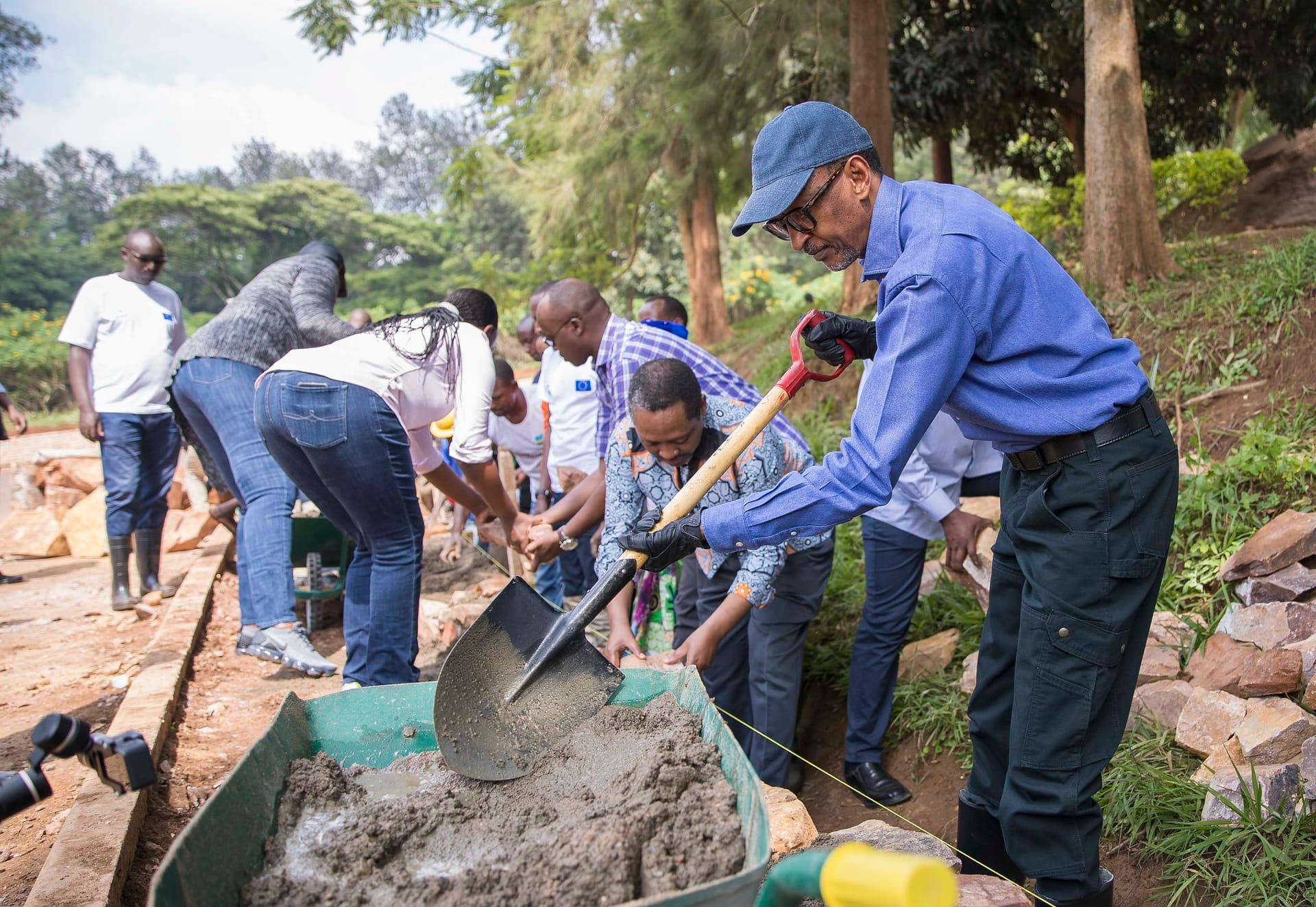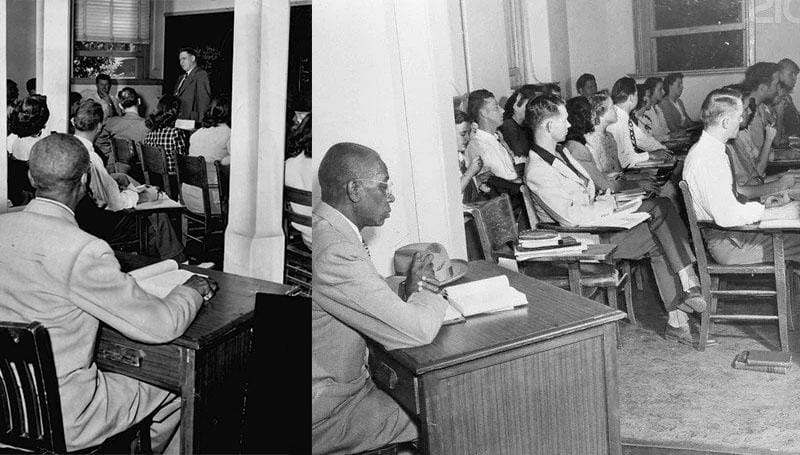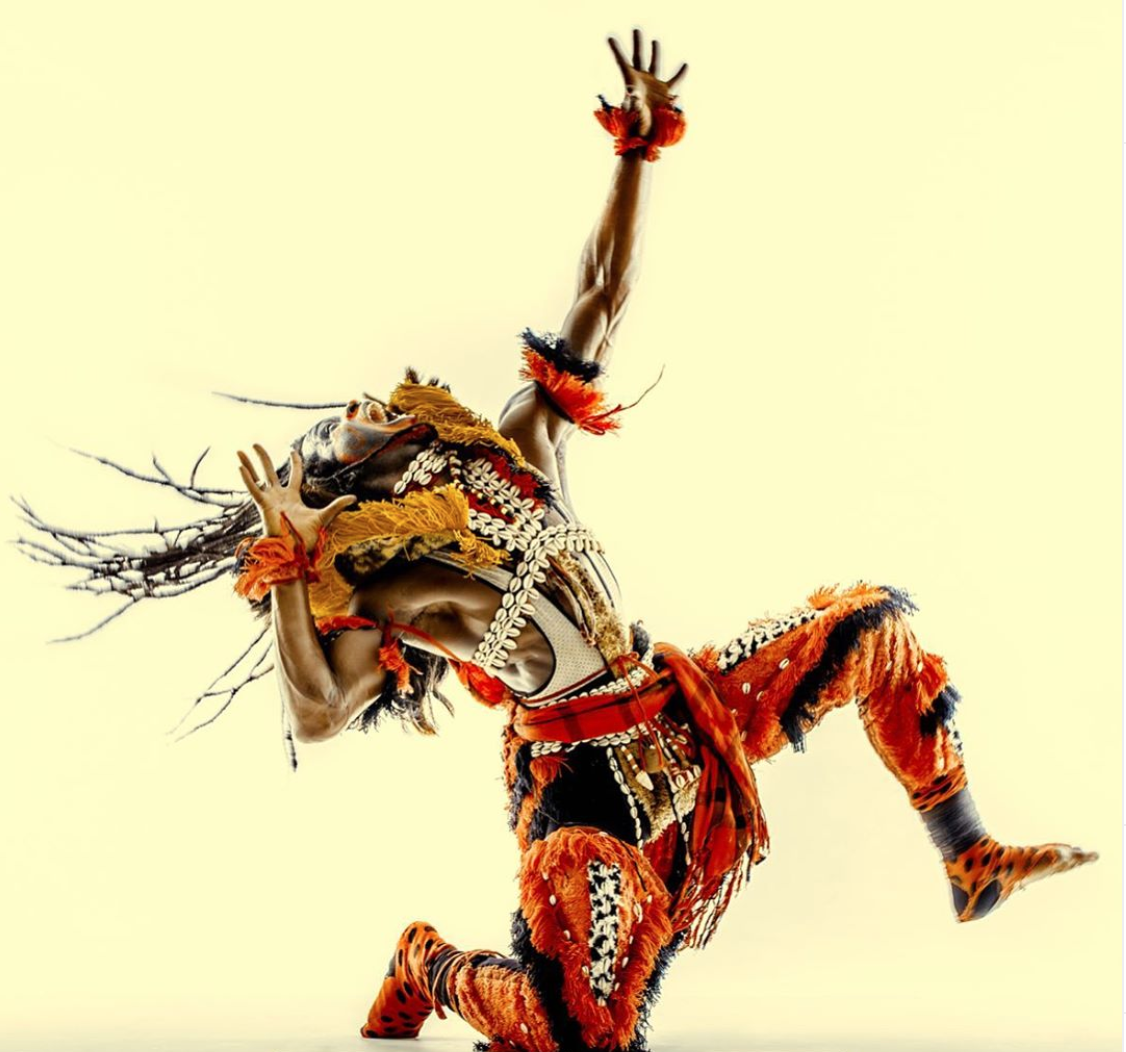Umuganda means " coming together in common purpose to achieve an outcome " in Kinyarwanda, the official language of Rwanda. The word was derived from the Nguni proverb 'Umuntu ngumutu ngabantu'', which means "a person is a person through other persons". Umuganda is when Rwandans from all walks of life come together to work for the good of their neighbourhoods and their nation as a whole. Umuganda embodies the ideas of mutual assistance, mutual social responsibility, social obligation, self-help and traditional strategies for development.

The governance impact of Umuganda is diverse and includes, according the a 2014 survey conducted by Rwanda Governance Board, strengthened social cohesion between people from different backgrounds, increased opportunity for community members to articulate their needs and express their opinions on various issues, strengthened unity and reconciliation through the platform that Umuganda provides for conflict resolution between community members, increased opportunity for neighbourhood members to know each other and engage in friendships, increased mutual assistance in the community, and enhanced dialogue between national leaders and the population.
The President of the Republic of Rwanda, members of Parliament and Ministers participate in the monthly community works together with the population, which promotes dialogue between national leaders and the population at the grassroots level. Umuganda is also an avenue for information sharing, through which many public policies are communicated and explained to the general population.
Umuganda is an epitome of the People-Centred approach to policymaking, the concept’s approach focuses on improving local communities' self-reliance, social justice, and participatory decision-making. It seeks to bridge the gap between micro-level activism and macro-level policy change. It stresses a bottom-up approach to social change rather than a top-down approach through macro-level policy change. It seeks to strengthen people's participation in the process of policy making and implementation.
What’s holding Africa to embrace this philosophy continentally? What do you make of this?




